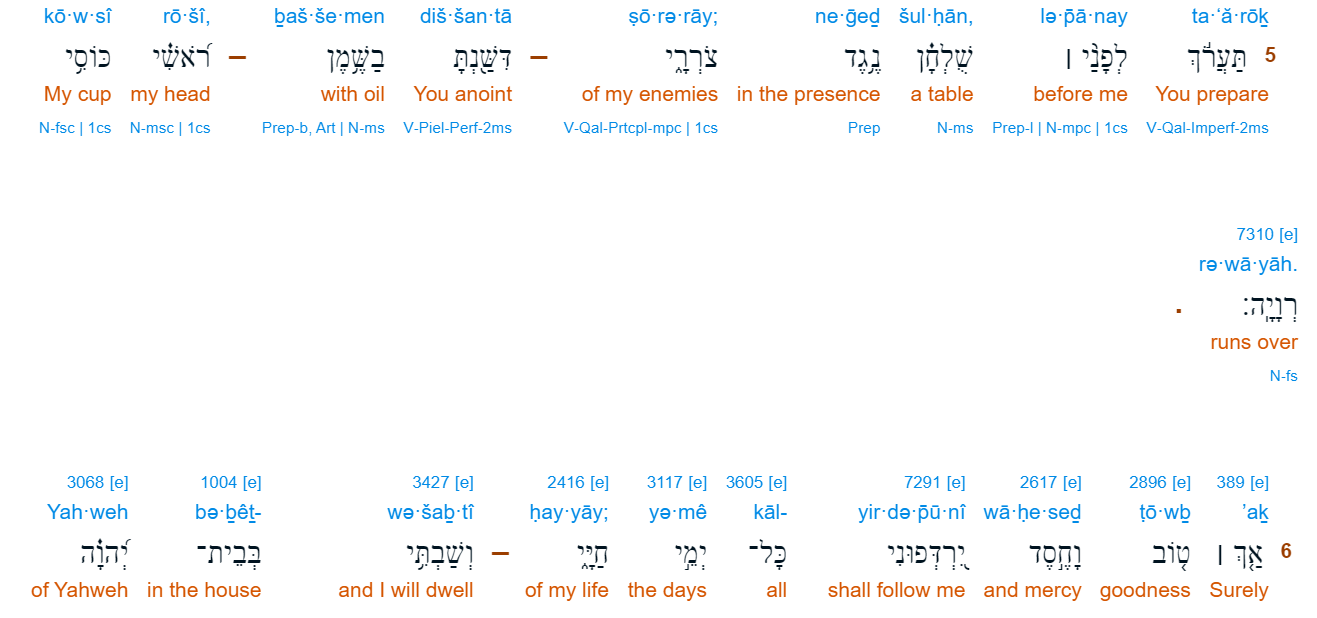The Bible
Introduction
- Aquinas, Thomas: "Nevertheless, sacred doctrine makes use of these authorities as extrinsic and probable arguments; but properly uses the authority of the canonical Scriptures as an incontrovertible proof, and the authority of the doctors of the Church as one that may properly be used, yet merely as probable. For our faith rests upon the revelation made to the apostles and prophets who wrote the canonical books, and not on the revelations (if any such there are) made to other doctors. Hence Augustine says (Epis. ad Hieron. xix, 1): 'Only those books of Scripture which are called canonical have I learned to hold in such honor as to believe their authors have not erred in any way in writing them. But other authors I so read as not to deem everything in their works to be true, merely on account of their having so thought and written, whatever may have been their holiness and learning'" (Summa Theologica,. Part 1, Q. 1, Art. 8).
Hermeneutics: How to Interpret the Bible
A good general principle is to ask what God is trying to convey in a particular verse. It may be poetry, hyperbole, commands, specific facts, or general happenings.
Hebrew



 ----
----